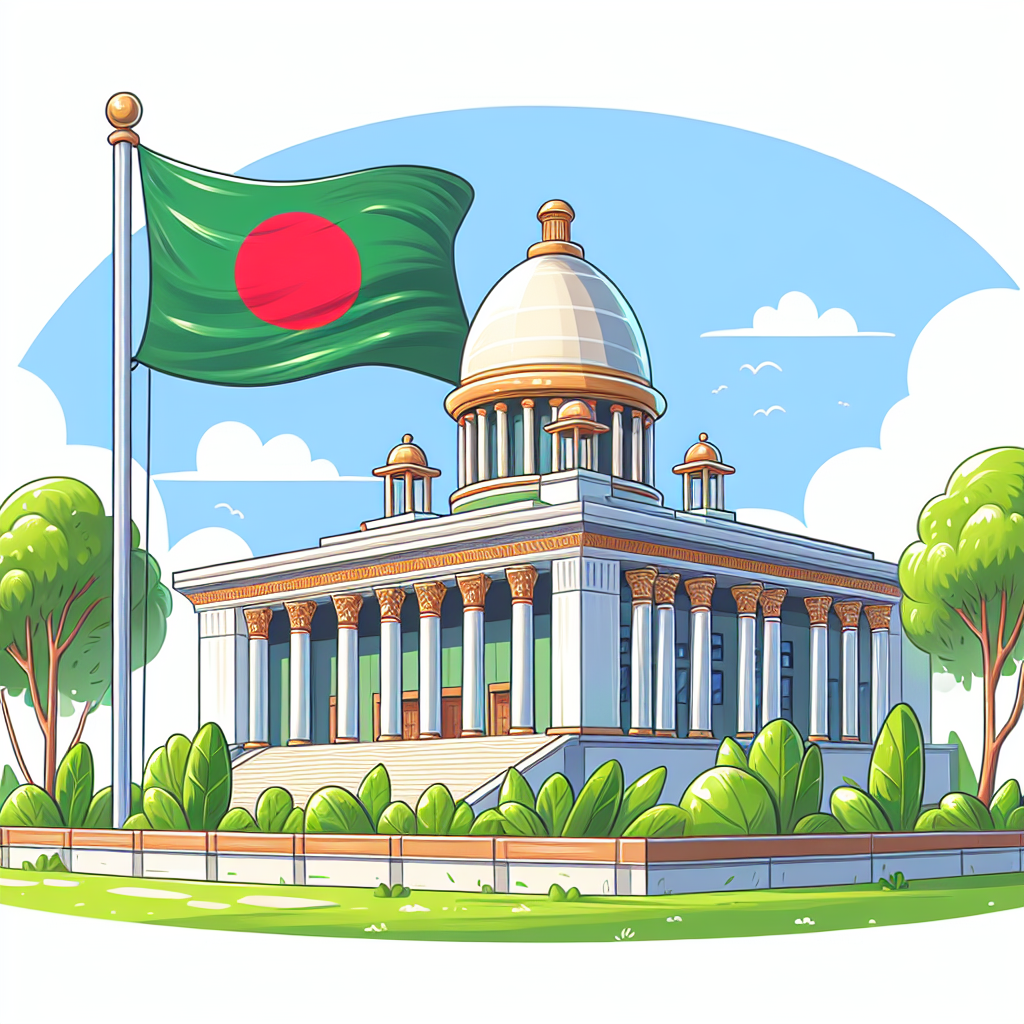Bangladesh's Supreme Court Revises Controversial Job Quota System Amid National Unrest
Bangladesh's Supreme Court has reduced the quota for government job applicants after nationwide protests turned violent, resulting in numerous casualties. The revised system now reserves 7% of jobs for war veterans' relatives and other categories, down from the previous 30%. The unrest was driven mainly by student-led demonstrations.

- Country:
- Bangladesh
In a significant move, Bangladesh's Supreme Court on Sunday revised the quota system for government job applicants following nationwide unrest and lethal clashes between police and protesters, resulting in scores of casualties.
The Court ruled that 93% of government jobs should now be allocated based on merit, reserving only 7% for relatives of veterans from the 1971 war of independence and other categories. Previously, 30% of such jobs were set aside for these groups. The ruling follows weeks of student-led demonstrations that turned deadly, especially on Tuesday when confrontations between police and protesters escalated.
Throughout the week, police used tear gas, rubber bullets, and smoke grenades to disperse stone-throwing protesters from streets and university campuses. Sporadic clashes continued in various parts of Dhaka on Saturday, although no fatalities were immediately reported. While Bangladeshi authorities have not released official casualty figures, the Daily Prothom Alo newspaper reported that at least 103 people have died.
(With inputs from agencies.)










